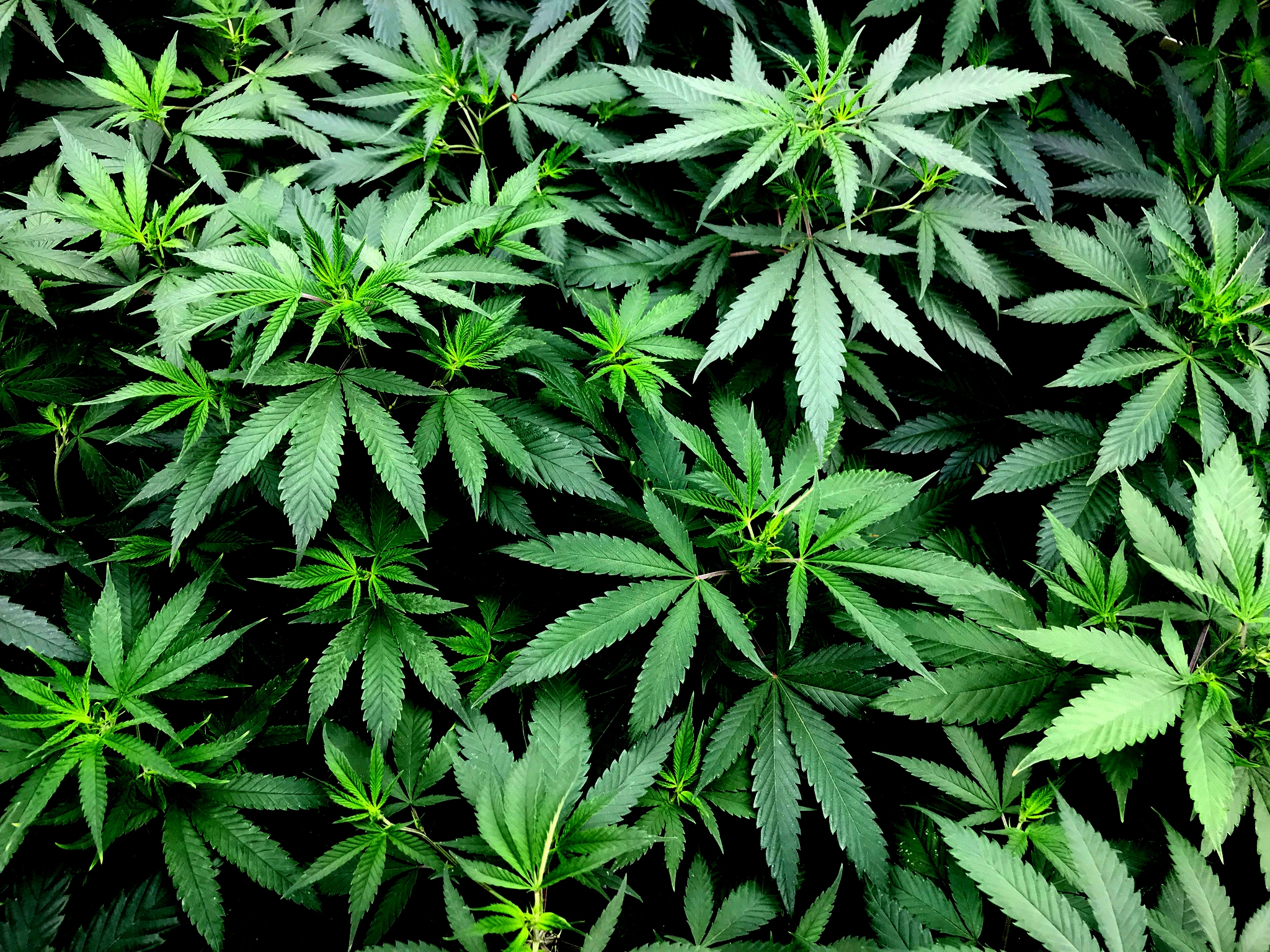Hemp
Hemp is the same plant as marijuana but the term refers to foodstuffs and fibres used in textiles, as opposed to the psychoactive drug. Hemp seed is what we are talking about here in terms of culinary uses.

Nutrition
Hemp seeds are very nutritious; they are almost a complete protein (contain 8 of 9 essential amino acids.) They are high in protein and contain omega-3 and omega-6 fatty acids (healthy fats). The middle of the seed, hemp hearts, are the actual edible portion. They look like white discs, somewhat curved with green flecks.
Psychoactive?
Health Canada controls every aspect of industrial hemp. The leaves and buds must not contain more than 0.3% THC which is the psychoactive component called delta-9 tetrahydrocannabinol. More than 0.3% means that the plant is then considered marijuana.
Other Uses
In Canada hemp production has been increasing. As mentioned, hemp is produced for fabrics but the market also includes shampoo, conditioner, oil paint, beer, paper products, pet food, industrial products, and aromatherapy and cosmetic products. Alberta climate is suited for hemp products because of the short growing season and contribution to soil health.
History
In Canada in 1998, hemp seed cultivation became legalized. It was previously banned due to the psychoactive properties in its leaves. Nowadays we see it manufactured foods like cookies, muffins, granola, and snack foods. In the health food market hemp is a common product.
Ways to Cook
Hemp hearts are slightly chewy with a nutty and earthy taste. They are often added into baked goods for a nutritional boost. They are not often the star of a recipe but their distinctive shape and taste can make it so.
Besides adding a few hemp hearts into cookies and muffins, they can be blended into smoothies, added to cereals and granola, used as a crust for savoury preparations. Milled hemp hearts can be combined with flours and nuts in all sorts of ways. As a topper, hemp hearts can be sprinkled all over for extra texture, fibre, and nutrition. In hot food preparations, they can be lightly toasted, mixed with a pilaf, or soaked and puréed in combination with other foods too.
More on Cooking with Hemp Hearts
Some of our favourite videos
https://open.alberta.ca/publications/growing-hemp-in-alberta
https://open.alberta.ca/publications/industrial-hemp-production-in-canada
Edible & Medicinal Plants of Canada p 314.
Hemp for Health? https://www.chicagotribune.com/news/ct-xpm-2000-07-12-0007120308-story.html
